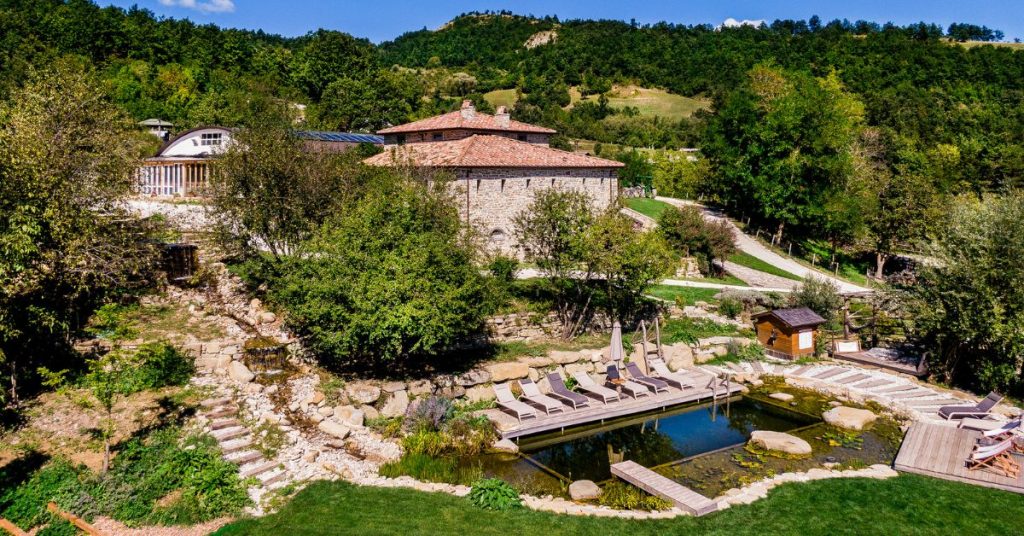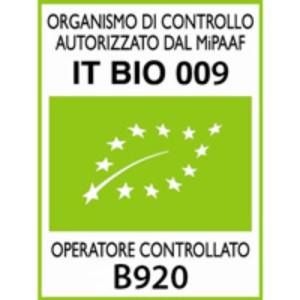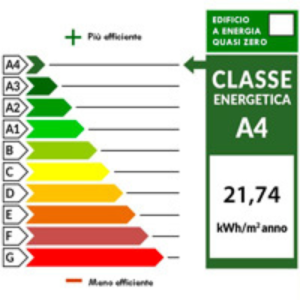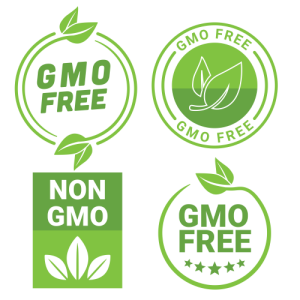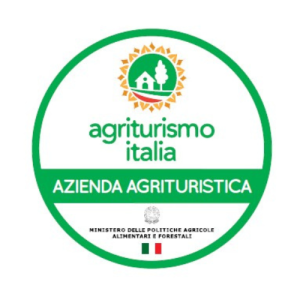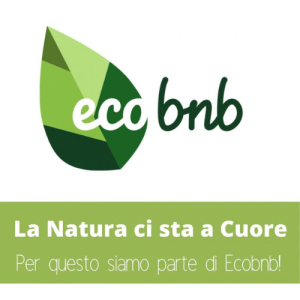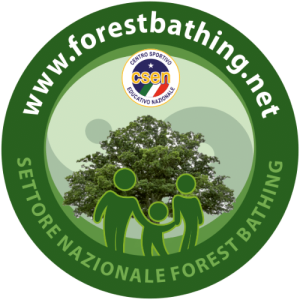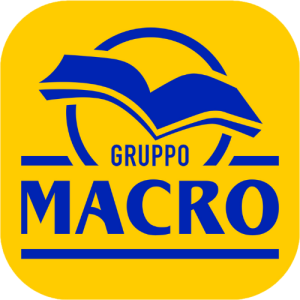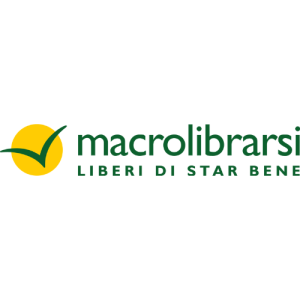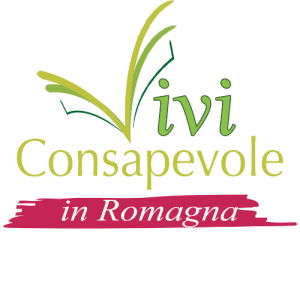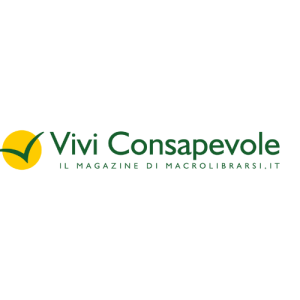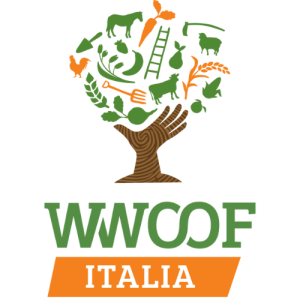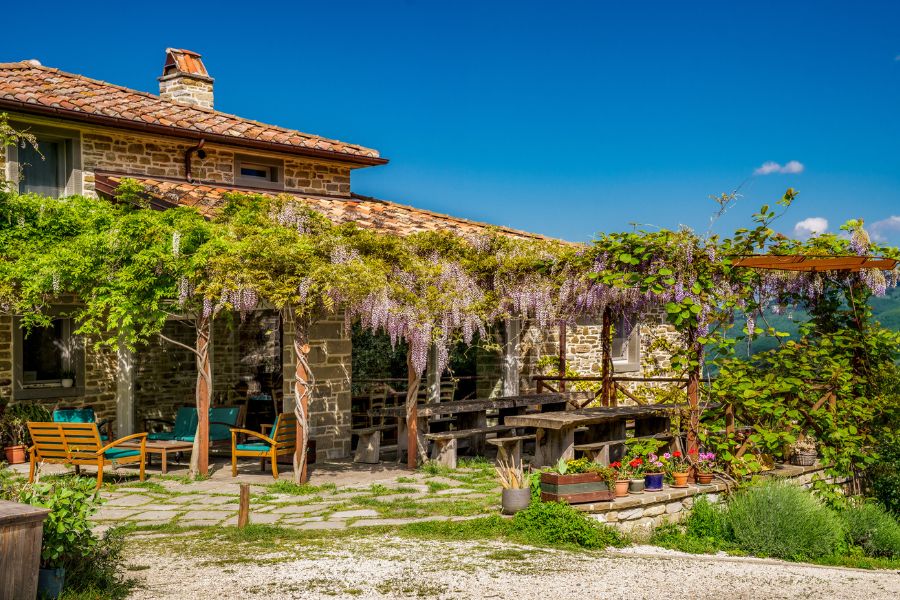From the evident disasters of agro-business to the extraordinary productivity of micro-farms tailored to man and Planet
There are hundreds of ways of doing agriculture and many different facets, but summarily we could divide agriculture into two large categories. The first category is industrial agriculture, characterised by the constant search to replace the natural systems that regulate the cycles of the earth with artificial systems that should, in theory, obtain better results for man. The second category, which could be defined as natural agriculture, seeks to understand more deeply the cycles of the earth to imitate them and benefit from them. It’s agriculture that requires much more knowledge and labour and is oriented towards self-sufficiency and territoriality.
Natural and artificial agriculture compared
Artificial agriculture makes extensive use of heavy and very energy-intensive agricultural equipment, chemical fertilisers and pesticides, seeds selected and genetically manipulated by large multinational giants. This type of agriculture is always subsidised, in our case by the European Community, which dedicates 50% of its own budget to agriculture. Natural agriculture, instead, makes extensive use of labour and seeks to use as much as possible what it finds in nature to be able to fertilise and protect its crops. Usually it uses self-produced seeds or in any case seeks ancient varieties resistant to diseases, which have been selected over the centuries. It cannot make use of varieties selected by large seed industries, as they are specifically designed to be used in the industrial method.



From GDP to GDW
Artificial agriculture certainly creates a very interesting GDP (gross domestic product). Thanks to this type of agriculture the industries that produce machinery, the oil industry, the seed industry and the chemical industry do a roaring trade and grow constantly. The land becomes poorer every year and requires more and more chemical fertilisers, water becomes increasingly polluted and therefore increasingly expensive, waste and scraps are high and allow excellent profits for landfills and purification systems, the monoculture that characterises it is the ideal terrain for the development of diseases and pathogens for which the use of pesticides is necessary. Natural agriculture doesn’t create a high GDP but certainly increases GDW (gross domestic wellbeing).
To succeed with natural agriculture it’s essential to make the soil increasingly fertile. To obtain this result it’s necessary that there is always organic matter decomposing, as happens in the woods. This ensures that the soil becomes enriched with microorganisms, which represent the fertility index of the soil. It’s essential to increase as much as possible the biodiversity of the place with more plant species, flowers, trees, so that many insects, birds, reptiles, amphibians are also attracted. It’s necessary to maintain a natural balance where every insect and/or animal has its natural predator.
I know a farmer who cultivates alone more than 100 hectares of land. He’s a great worker and spends most of his life inside a very large tractor. He breaks up the land at great depth and speed, fertilises and chemically weeds it to save time and every job of his is mechanised. Having to programme any operation he does on all the land well in advance, he uses preventive chemical treatments for all the diseases that could occur and in this way he’s certain not to lose the harvest. At the end of the year in his balance sheet the highest share is given by expenses related to agricultural machinery, diesel, fertilisers and pesticides. Fortunately he has no labour costs and receives many contributions from the European Community, so he manages to have a decent gain from his work. His production is mainly destined for animal feed.



Micro-farms: tailored to man and Planet
Recently I met Charles and Perrine from La Ferme Du Bec Hellouin in France. They have a farm of about 3 hectares where 8 people work. In proportion in 100 hectares over 250 people could be employed and they would share the income which, in an artificial agricultural business, is turned over to the mechanical, oil and chemical industry. Their land is cultivated only manually and although initially it was very poor today it proliferates with life. They manage to produce in very little space an enormous quantity of fruit and vegetables and their products are sought after by the best chefs in the area, who are able to enhance their incredible organoleptic properties. In a few years they have demonstrated to the world how their way of doing agriculture without chemicals and without fossil fuel machines could feed the entire humanity and also support significant population growth. Their business doesn’t produce waste, doesn’t pollute water and air and, despite this, produces much more income than an industrial business could do. What is their secret? A great knowledge of biology, chemistry and botany thanks to many years of studies and field trials.
Nature is us
Trying to draw conclusions from what my eyes see, there is industrial agriculture which is what is academically proposed as the future, which has as consequences the destruction of soil life, is not beautiful to see, pollutes the soil, aquifers and air, doesn’t create employment, transfers wealth away from the place of production – as most of the income goes to industry and petrochemicals – and as a result gives a product of very poor organoleptic quality. This type of agriculture today is practised mainly for the insane production of energy foods for the breeding of herbivorous animals, which should eat grass to stay healthy, but instead are pumped with grains of various kinds to produce more and faster.
Natural agriculture is one of the few opportunities we have left to reverse the trend of decline in which we find ourselves. It’s able to give employment to the world population, as happened in the past, with the difference that in the past we didn’t have the knowledge we have today and therefore everything was much more difficult and tiring. It’s able to give us back contact with nature, essential for our health. There are many examples – many of which I’ve been able to see in person – of paradisiacal farms guided by men who have chosen to go beyond customs, to go beyond schemes and have started a new path. Today there are no longer excuses to continue to promote and subsidise industrial agriculture, as the same academic studies demonstrate how it’s madness, both in economic terms and in environmental terms. Despite this we persist on this road through subsidies and propaganda of the petrochemical industry, to follow a much broader design, which goes beyond agriculture.



What happens today with agriculture unfortunately occurs in the same way with human beings, but perhaps we find it harder to understand it and precisely for this reason natural agriculture can be a new portal, a direction that can change our lives. There is no difference between a medicine and a pesticide, except that one pollutes the human being and the other pollutes the earth. We are continuously bombarded by propaganda, often hidden, that induces us increasingly to move away from natural life. Man has lived for hundreds of thousands of years as part of Nature: now, within a few decades, he has found himself living amongst concrete, asphalt, pollution, electromagnetic waves, smog, doing things he had never done before, coming into contact with chemical products of all kinds that he had never known before… to the point that today we talk about Nature as a third element compared to ourselves. We must get out of the prisons to which the large multinationals have induced us. We are part of Nature and our task is to guard it, not to destroy it.
Francesco Rosso
